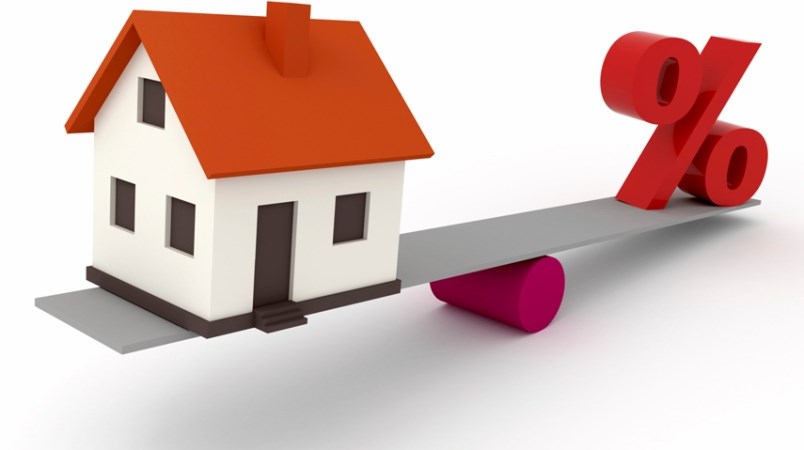New Westminster residents are feeling the enduring financial impacts of COVID-19, as well as the pressure of rising interest rates and increasing cost of living.
That’s according to the latest MNP Consumer Debt Index, which is conducted quarterly by Ipsos on behalf of MNP LTD.
More than half (53%) of those polled say they are already feeling the effects of interest rate increases since December.
With the potential for more rate hikes on the horizon, an increasing number of those polled say that they are more concerned about their ability to pay their debts (60%, +3pts), and are concerned they won’t be able to cover all living/family expenses in the coming year without going further into debt (50%, +4pts). One in three (35%, +1pt) say that rising rates could drive them closer to bankruptcy.
“The affordability crisis, driven by rises in the cost of living and interest rates, is already having an impact on British Columbians,” said Linda Paul, a Licensed Insolvency Trustee with MNP LTD in the Lower Mainland, in a statement. “Household budgets are contracting but at some point – particularly for those who are already in the red – it can become impossible for some households to cover their monthly living expenses and debt repayment obligations.”
Since last quarter, British Columbians have experienced the largest decrease in disposable income across the country, down $269 to $734, after having the most disposable income last quarter. In addition, nearly half (46%, +1pt) report that they are $200 away or less from not being able to meet all of their financial obligations. This includes 34 per cent (+4pts) who say they already don’t make enough to cover their bills and debt payments.
“Those who depleted their rainy-day savings funds over the last two years may feel forced to rack up more debt to keep up with the rising costs of their daily expenses,” said Paul. “But as interest rates rise, so will the cost of servicing some of those debts, making it more difficult to pay them down. Once they get into that cycle of debt, it can be very hard to break free of.”



